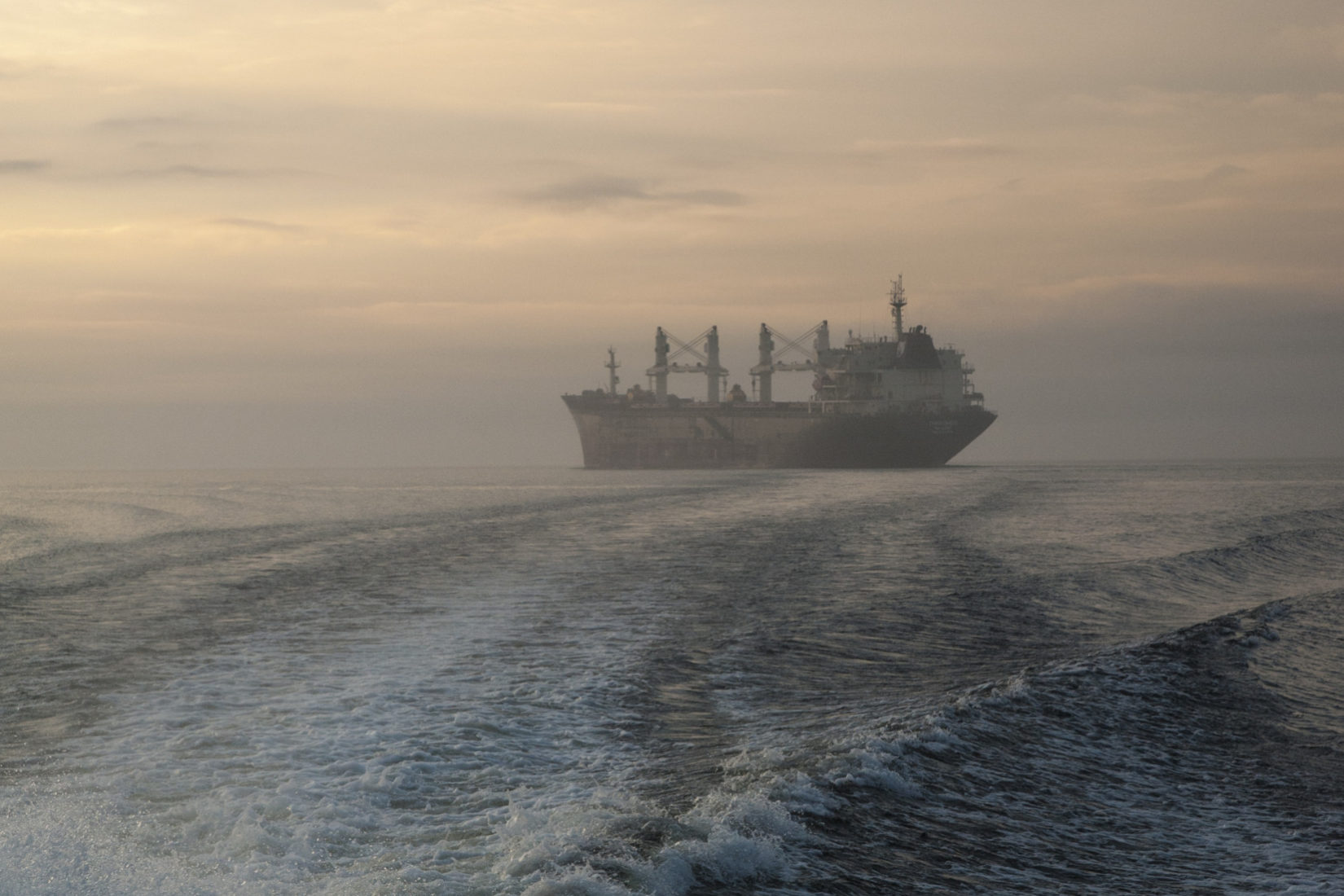The kick-off for the LISA project was planned to take place in Stockholm in August. Due to the pandemic, it was cancelled. Project manager Anders Berg from the Swedish Maritime Administration says it was a tough decision.
– Of course, it felt disappointing. But the needs behind the project remained so we had to adapt. It suddenly became much more difficult, even though it personally gave me energy. Putting the project on hold was never an option.
LISA, which stands for “linking sea and land”, is a project that seeks to improve the opportunities for linking transportation by sea and land in the Baltic Sea region. The goal is first and foremost to create an arena where the countries in the region can work together on digitalization, which will facilitate maritime and land transportation.
– Cross-border cooperation on this will benefit all countries involved. It will strengthen the region’s competitiveness, Anders Berg argues.
Partners from Estonia, Lithuania, Poland and Sweden are participating in the project. The idea was originally a series of joint meetings and workshops. When the pandemic became a fact and the participants could not meet as planned, they decided to do the workshops online. At first, this felt like a challenge as the participants are located in different countries and do not know each other. But the response has been good, and Anders Berg thinks there are real advantages with today’s approach.
– It is easier to moderate the meetings and to include all participants. Also, I think slightly more introverted persons are more comfortable with the online format.
However, that is not the only advantage. In February, two webinars are planned for new stakeholders, ahead of a major EU application. That work has been facilitated thanks to the new approach, says Anders Berg.
– The online approach has, somewhat unexpectedly, proved to be an advantage. It is easier to gather an audience in an online meeting for an hour, than to invite them to a physical meeting that they would have had to travel to. So, in that way, this approach has helped us.
In view of this, Anders Berg says it is completely fine to work with international projects online.
Today, they try to avoid too long online meetings. A full day might work out just fine when you meet in real life. In front of the computer, it is completely different, he says.
– Our first online meeting was a full day. It turned out to be quite exhaustive to moderate, keep the meeting going and to write notes for us who carried it out. After that, we decided to increase the number of workshops and instead make them more brief. The key has then been to be very clear about the tasks to be done between the meetings. I think it works very well, concludes Anders Berg.
Facts
The project LISA is funded by SI through the funding scheme “Seed funding for cooperation projects in the Baltic Sea region”. SI provides funding for joint projects in which organisations based in Sweden can start and expand collaborations to meet transnational challenges together with organisations from the Baltic Sea region countries including Russia and the countries of the EU Eastern Partnership. A new call is ongoing and closes 11 February 2021.
